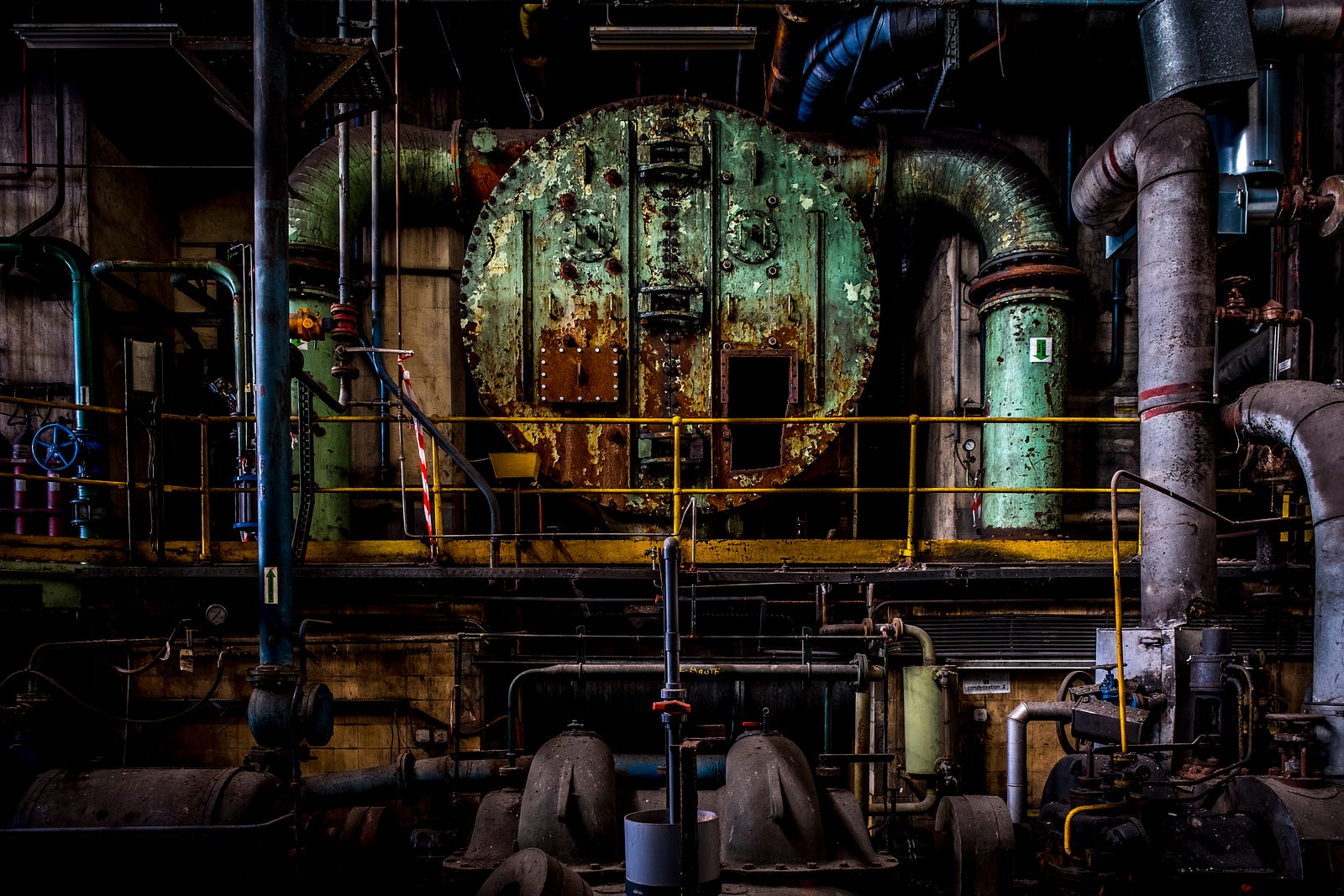Will AI take my job?
Will AI take my job?
“Yes, it will!” (or, “No, it won’t!”)
Imagine a city centre of the future — there are no cars, no taxis, no buses and no trucks.
They have all been replaced by autonomous pods — small, electric, self-driving vehicles that can be adapted to transport passengers or goods, that have a map of every road, every junction and every obstacle in the city, and that are entirely automatic.
There is no need for traffic lights, roundabouts, or road markings because the pods not only have complete knowledge of the city but also, because they communicate with each other, they have precise knowledge of the whereabouts of every other pod. They can negotiate with each other when it comes to who goes first at a junction, or where a pod merges into traffic when pulling away. There would be no collisions because every pod would cooperate with their fellow pods.
Passenger pods would ferry commuters from railway stations to their offices, take the kids to school and their parents to the shopping mall. Pods carrying goods would bring your weekly shop from an out-of-town supermarket warehouse and deliver the mail.
So what, in this automated city, has happened to all of the people that used to drive taxis, buses and delivery vans?
They are no longer are needed.
What about the hundreds of young women and men on bicycles and scooters delivering pizzas, burgers and so on?
Also redundant.
And because you now order all your groceries online, there are no supermarkets — no checkout operators, no shelf-stackers — and the warehouses that have replaced them are fully automated.
There are no private cars in the city centre, so there are no parking restrictions to enforce, no traffic violations to prosecute, no traffic wardens.
In the offices where pods drop off the commuters, what used to be an out-of-town call centre, is now an artificially intelligent chatbot in the Cloud accessible from a PC on someone’s desk — or their mobile phone, or tablet. The legal department is an application, also in the Cloud, that deals with all day-to-day matters and only passes you on to a real human lawyer when something unusual crops up.
You rarely need to go to the doctor in this futuristic city because a smartphone app is perfectly capable of diagnosing your illnesses and prescribing the appropriate treatments. And even where specialist scanners, or other medical procedures, are required, it is an AI that analyses the images and tells you whether you have cancer, or a potentially dangerous eye disease.
So what is going to happen to our jobs in the future? Are we all to be made redundant? And, if so, does this mean a life of leisure, or one of rampant inequality, where the owners of the technology get richer and the rest of us live in poverty?
A report by the McKinsey Global Institute suggests that half the activities that people are now paid to do could be automated using current technologies. On the other hand, it also says that less than 5% of all occupations could be fully automated (although many more contain activities that could be automated). The conclusion is that many jobs will change, with humans working alongside machines but few of them will be completely eliminated.
That still means, of course, that fewer employees will be needed in those areas where technology replaces a significant amount human effort.


We’ve been here before, of course. Since the Industrial Revolution of the 18th and 19th centuries (if not before) technology has been replacing people in the workplace. But it has also created new jobs. When great factory-based steam-powered looms replaced weavers working in cottages, the new machinery had to be designed and manufactured, factories had to be built, managed and maintained.
In the Information Revolution of the 20th and 21st centuries, you might not have been overjoyed if you had been a travel agent of the High Street seeing your industry being almost totally eclipsed by online services. Or, if you worked as a skilled machine operator watching the factory where you worked being, more and more, populated with industrial robots. Conversely, had you been willing or able to retrain as a computer programmer, you might have experienced a brighter future.
The introduction of technology tends to increase productivity, and, as productivity rises, products become cheaper and society, in general, becomes wealthier, so citizens are able to afford new goods and services that were previously either expensive or didn’t exist. This helps stimulate the creation of new companies providing new products and services and thus creates more employment. Whatever you think of it, the gig economy has been borne out of new technologies, it may be precarious employment but it certainly is employment.
History suggests, then, that increases in productivity lead to a wealthier society but there is no law that says that this is inevitable. It might be different this time.
If the use of AI-powered technologies really do lead to mass unemployment, or unacceptable inequality, there is a political choice to be made: do we allow such a society to develop, or do we provide a safety net for those adversely affected, such as the introduction of a Universal Basic Income.
The question is, are we heading for a utopia where no one needs to work or a dystopia where no one but the lucky few has any work. Or will we carry on as usual with new types of employment being created by the new artificially intelligent world?
We need to be prepared.
Originally published in The Startup
